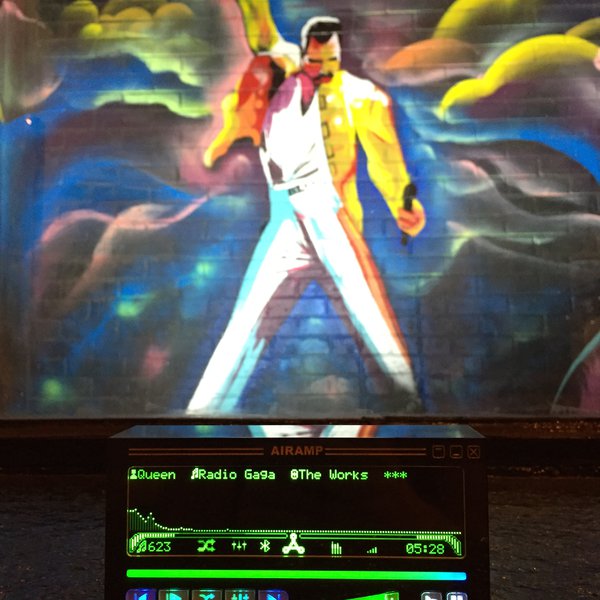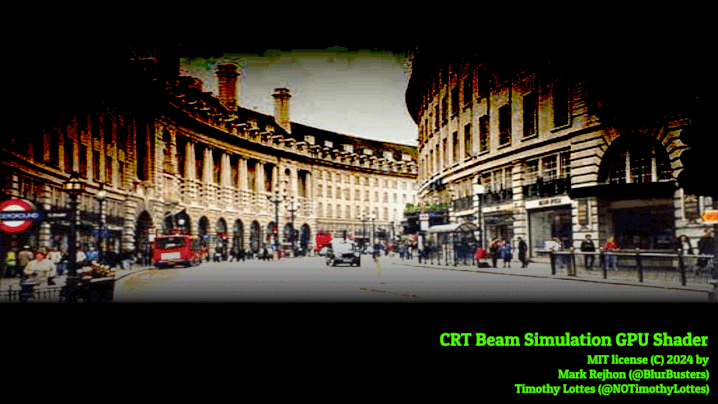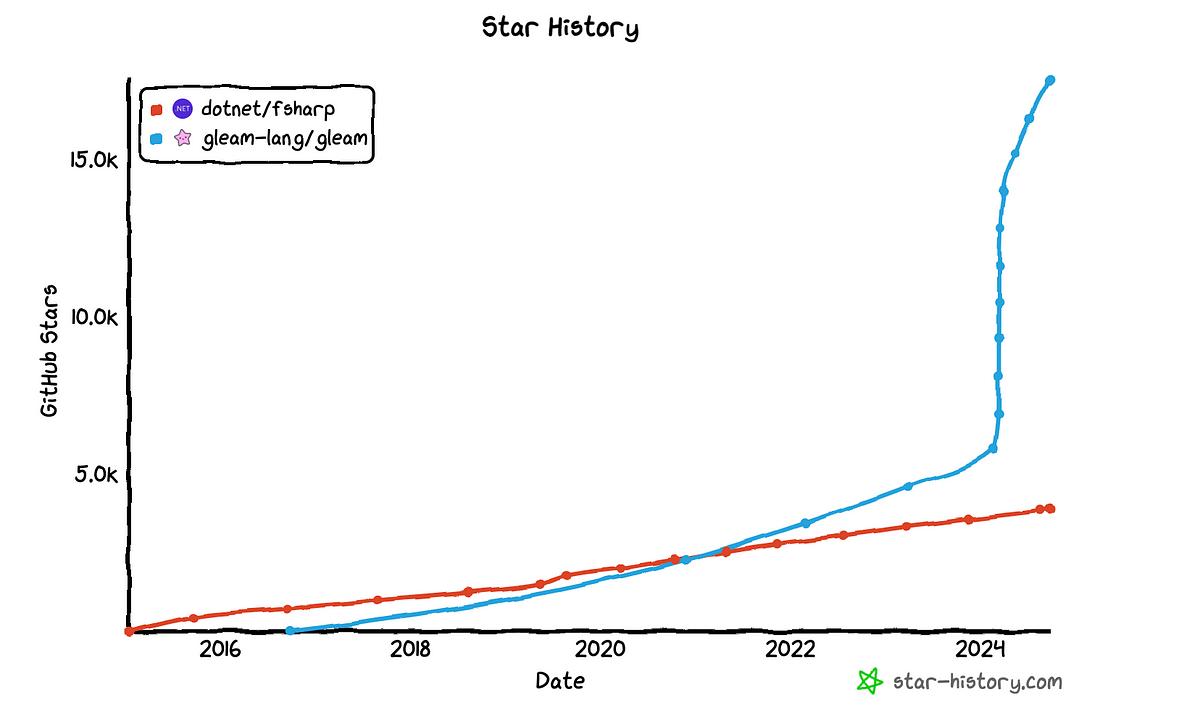
Philip K. Dick’s Favorite Classical Music: A Free, 11-Hour Playlist
What did Do Androids Dream of Electric Sheep? and A Scanner Darkly author Philip K. Dick, that visionary of our not-too-distant dystopian future, listen to while he crafted his descriptions of grim, psychologically (and sometimes psychedelically) harrowing times ahead? Mozart. Beethoven. Mahler. Wagner.
Yes, while looking textually forward, he listened backward, soundtracking the constant workings of his imagination with classical music, as he had done since his teenage years. As Lejla Kucukalic writes in Philip K. Dick: Canonical Writer of the Digital Age:
After graduating from high school in 1947, Dick moved out of his mother’s house and continued working as a clerk at a Berkeley music store, Art Music. “Now,” wrote Dick, “my longtime love of music rose to the surface, and I began to study and grasp huge areas of the map of music; by fourteen I could recognize virtually any symphony or opera” (“Self-Portrait” 13). Classical music, from Beethoven to Wagner, not only stayed Dick’s lifelong passion, but also found its way into many of his works: Wagner’s Goterdammerung in A Maze of Death, Parsifal in Valis, and Mozart’s Magic Flute in Do Androids Dream of Electric Sheep?
At his Forteana Blog, author Andrew May credits Dick with, given his pop-cultural status, “a decidedly uncool knowledge of classical music.” He cites not just Wagner’s Der Ring des Nibelungen in the introduction to A Maze of Death, Beethoven’s Missa Solemnis in Ubik, or the part of The Game-Players of Titan where “a teenaged kid forks out 125 dollars for a vintage recording of a Puccini aria,” but an entire early story which functions as “(in my opinion) a pure exercise in classical music criticism.” In 1953’s “The Preserving Machine,” as May retells it, an eccentric scientist, “worried that Western civilization is on the point of collapse, invents a machine to preserve musical works for future generations” by encoding it “in the form of living creatures. Unfortunately, as soon as the creatures are released into the environment, they start to adapt to it by evolving into different forms, and the music becomes distorted beyond recognition.”

























